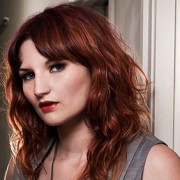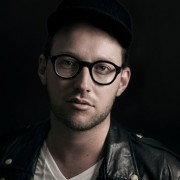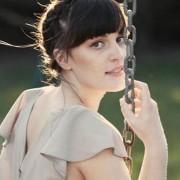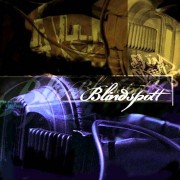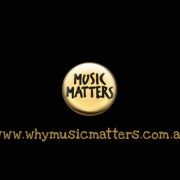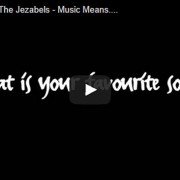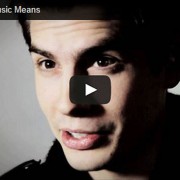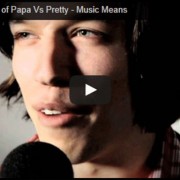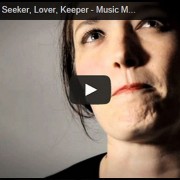
Earlier this year while touring New Zealand, the band found itself wasting some time in a bar at a regional airport when a middle-aged man approached us asking if we were Midnight Youth.
After some pleasantries, a story about his daughter’s love for the band and a few signed beer coasters, the man told us the only reason he knew who we were was because the surgery he helped run used one of our songs in their playlist while performing serious operations. That was some deep stuff to us – our song had possibly helped a surgeon keep calm or focussed while they were saving someone’s life. It was a nice feeling to know that. But this was just the beginning of how this man reminded us how much music can matter.
A week later we received an email from him saying how embarrassed he was to only have known one of our songs and how the next day he bought our album before heading to Christchurch for a week to attend a conference. That was the week Christchurch was hit by an extremely shallow 6.3 earthquake which killed 181 people, the second large quake to strike the city within six months.
He went on to tell us his story of the day the quake hit and how he managed to escape the city’s CBD unhurt before joining thousands at an emergency centre in a field nearby. His words probably tell the story better than mine:
“I was near a group of international visitors who were praying and others started to join in. At that time all we could do was wait. The phones were down and I decided to play my new CD in my iPhone (I wish the speakers were a little larger). The praying stopped, people starting listening and the depressed mood picked up. I turned the (your) music off thinking that people may not want to here it. “Turn it back on” was shouted out.
We heard five songs before my battery ran out. I can’t express how comforting it was for people to hear some inspiring New Zealand music, at a time where it seemed the world had fallen around us.
He went on.
“Some of us (in the health sector) have the opportunity to touch the lives of individual people and families. What you do touches the hearts, minds and spirits of thousands. Be great, write great music, play great music, inspire the lives of people greatly. Your music was a bright light in a dark day. I was lucky to be flying out the next day, I cannot imaging how the people of Christchurch will cope over the coming months.”
This was an emotional time for all New Zealanders, everyone knew someone that was affected and most people outside of the Christchurch region, I’d say, would have felt a little helpless as to what they could do to help – us included.
This message showed us how we helped and how we can continue to help.?As a musician and songwriter, I express a part of myself that isn’t overly evident in my regular daily life – it is quite a mystery to me how it happens and all I know is that I feel satisfied and excited when that process is in motion. But once it leaves my mouth, the stage or a studio, it is out of my control as to how it affects the world around me and it’s particularly hard to rationalise that thought – it’s moments like these that give me a greater sense of the power that music has and the amazing gift I’ve been given and am doing my best to use.
By Jeremy Redmore from Midnight Youth


